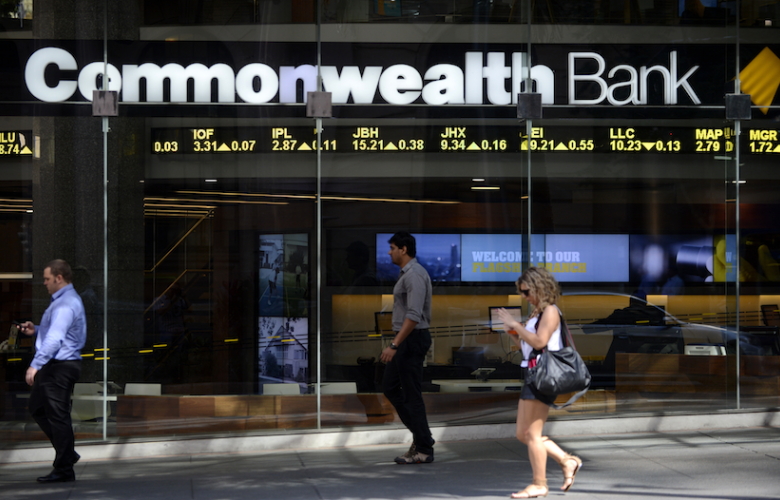Major banks' tighter lending deters foreign buyers
Contact
Major banks' tighter lending deters foreign buyers
Foreign purchasers are turning away from local property as the big four banks tighten lending restrictions.
The Commonwealth Bank was the most recent of the big four to tighten lending rules for foreigners, when it clamped down on income sources and called for larger deposits.
The move is part of a shift across the banking sector to lower risk, amid softer property prices and a weaker mining sector.
The tighter rules appear to be taking effect. National Australia Bank's first quarter survey of the residential property market showed that foreign purchases fell to a 2.5-year low during the March quarter, with foreign buyers accounting for 11.8% of the market compared with a 2014 high of 16.8%.
The Commonwealth Bank's policy tightening follows the Reserve Bank's warning that, "if Chinese demand were to decline significantly, that could weigh on domestic property prices and so lead to losses on the banks' broader property-related exposures."
ANZ tightened its rules around lending to foreigners, after the bank discovered that loans written in its network of offices throughout Asia were sometimes missing crucial documentation.
National Australia Bank lowered its loan-to-valuation ratios for foreign mortgage applications, and Westpac introduced tighter lending rules for foreign property buyers.
The Commonwealth Bank, which accounts for about 25% of Australia's mortgages, will no longer give mortgages to self-employed applicants using foreign income to service their loans.
The bank will no longer approve loans for temporary residents receiving foreign currency income.
And the maximum loan-to-value ratio for temporary citizens living and working in Australia and being paid in Australian dollars has been lowered from 80% to 70%.
"We constantly review and monitor our home-loan portfolio to ensure we are marinating our prudent lending standards and meeting our customers' financial needs," said a spokesman for the Commonwealth Bank.





